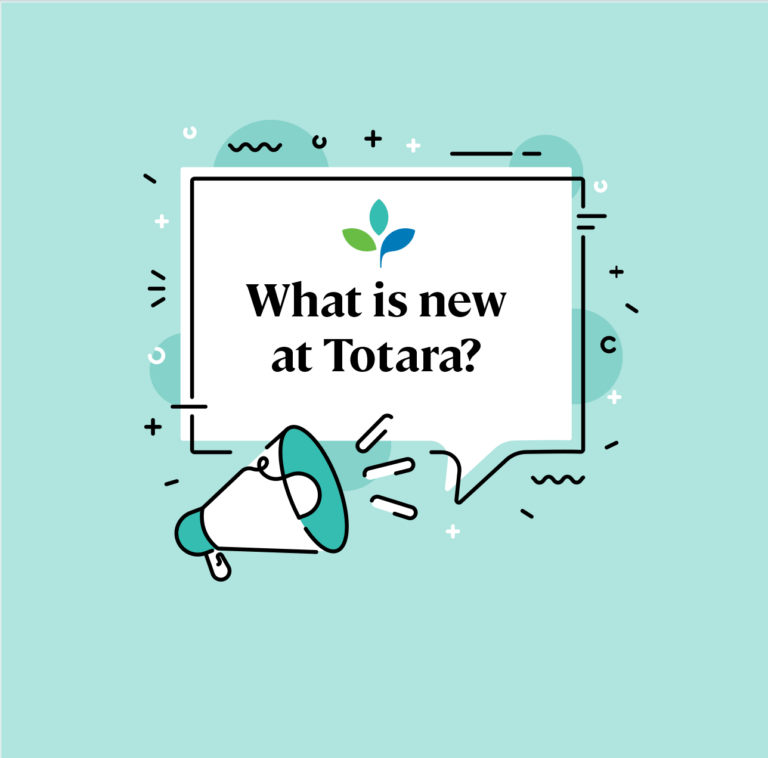As Learning and Development experts, your role in understanding the digital security measures implemented by your Learning Management System (LMS) provider is not just crucial but integral, for safeguarding sensitive information and maintaining regulatory compliance. You are tasked with not only identifying an LMS that meets the diverse learning needs of your organization but also ensuring that it provides robust digital security measures to safeguard against potential breaches and protect valuable organizational assets.
When evaluating potential LMS providers, it’s not enough to be knowledgeable, you need to be proactive. Arm yourself with the knowledge and insights necessary to make informed decisions that align with your organization’s strategic objectives and security requirements. Don’t wait for the information to come to you; go out and get it.
Let’s deep-dive into the top five inquiries that HR professionals should pose to potential LMS providers. These are not just any inquiries; they are the key aspects of digital security that you need to understand. We’ll look at encryption protocols, authentication mechanisms, data privacy measures, continuous monitoring practices, and incident response capabilities. These are the areas where you need to be most vigilant.
Here are five essential questions to ask your LMS provider to safeguard your organization’s data.
1. What Security Protocols are in Place?
It seems the most obvious question to ask, but it is often overlooked when shopping for a new LMS. Ask what foundational security protocols your LMS provider has implemented. Ensure you get detailed information on the provider’s encryption standards to protect data both in transit and at rest. Robust access controls should be in place to ensure that only authorized personnel can access sensitive information. Additionally, inquire about data backup procedures to ensure the resilience of your organization’s data against loss or corruption.
2. Is the LMS FedRAMP Authorized?
FedRAMP (Federal Risk and Authorization Management Program) authorization is essential for government agencies and organizations handling sensitive data. FedRAMP authorization signifies that the LMS provider has undergone rigorous security assessments and adheres to stringent security controls mandated for federal agencies.
There are three levels of security to consider:
Low Impact: Designed for cloud services processing non-sensitive, publicly available information. This level emphasizes basic security controls to mitigate low-level risks effectively.
Moderate Impact: Tailored for cloud solutions handling sensitive but unclassified information (SBU). Moderate-level controls focus on safeguarding data confidentiality, integrity, and availability, catering to a broader range of government applications.
High Impact: Reserved for cloud environments handling classified, sensitive information that could pose severe consequences if compromised. High-level controls entail stringent security measures to protect against advanced threats and ensure the utmost data protection.
Only a few LMS providers have achieved the level of security requirements for FedRAMP authorization. TotaraGov is FedRAMP authorized, and its tailored architecture allows agencies to deliver training programs securely while adhering to stringent regulatory requirements.
3. How is User Authentication Managed?
User authentication serves as the first line of defense against unauthorized access to the LMS platform. Inquire about the authentication methods employed, such as multi-factor authentication (MFA) or single sign-on (SSO). Multi-factor authentication adds an additional layer of security by requiring users to provide multiple forms of verification, while single sign-on enhances user convenience while maintaining security standards.
4. What Measures are in Place for Data Privacy?
Data privacy is fundamental to digital security, particularly concerning personally identifiable information (PII) and sensitive organizational data. Seek clarity on how the LMS provider ensures data privacy, including data anonymization techniques, role-based access controls, and compliance with data protection regulations such as GDPR and HIPAA.
5. How are Continuous Monitoring and Incident Response Handled?
Adequate security measures require continuous monitoring and proactive incident response mechanisms. Inquire about the LMS provider’s approach to continuous monitoring, which identifies security threats and vulnerabilities in real time. Additionally, seek insights into the incident response protocols in place to address security incidents promptly and minimize potential damages.
By posing these critical questions to your LMS provider, you can protect your organization’s digital assets against evolving security threats. Prioritizing digital security safeguards sensitive data, upholds organizational integrity, and fosters trust among employees and stakeholders. Remember, proactive assessment and collaboration with your LMS provider, such as Totara, are key to maintaining a secure learning environment and mitigating potential risks effectively. Stay vigilant, stay informed, and prioritize digital security in your organization’s learning initiatives.




